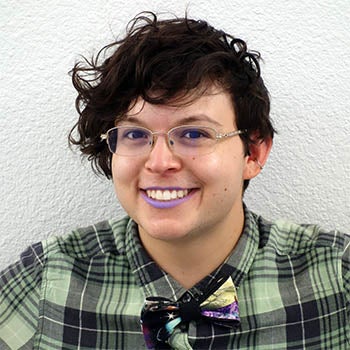We study the competition between decoherence and quantum complexity in a toy model, and discuss its implications for computation in the era of Noisy Intermediate Scale Quantum (NISQ) devices. Our toy model is a single Bosonic mode evolving under the non-linear Kerr interaction. This is a structure generating process: for the closed Kerr system, an initial coherent state evolves into a superposition of coherent states exhibiting both negativity and sub-Planckian features in the quantum state’s Wigner function. However, only certain measurements are sensitive to the quantum features of these superpositions, with the measurement expectation values connected to the states by their shared symmetry of the cyclic group Z_n. Introducing weak decoherence, the quantum nature of these expectation values disappears and is replaced with semiclassical behavior well-described by the Truncated Wigner Approximation. We also find that these expectation values are numerically calculable with decreased computational cost for stronger decoherence. Lastly, we discuss implications of this for NISQ-era quantum computation and revisit the question of modeling decoherence more generally using a new state-independent formalism.
Decoherence vs Complexity in Phase Space
By Tzula Propp, University of New Mexico, Center for Quantum Information and Control (CQuIC)

- Event Type: Seminar
- Date and Time: 11/07/2022 3:00 pm - 11/07/2022 4:00 pm
- Location: Willamette 240D
